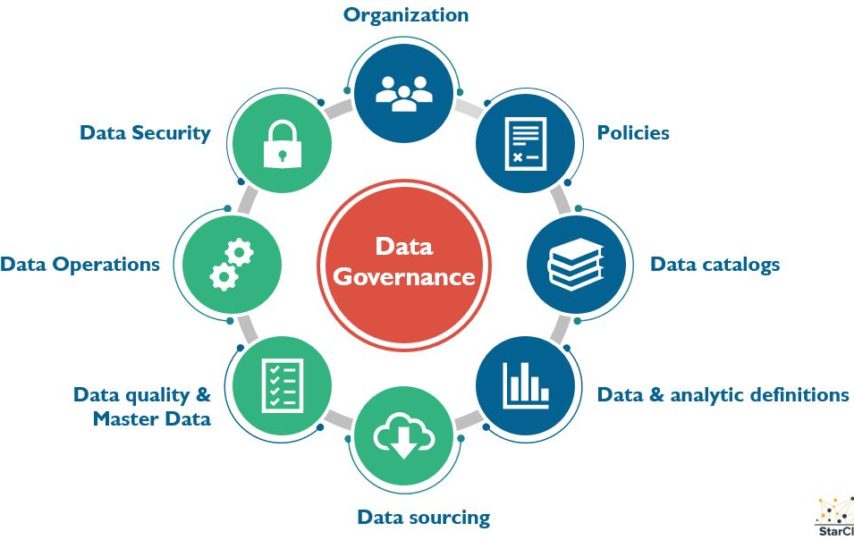Data governance is an important topic. Implementing a new system is often a daunting task. There are many ways that a project can go wrong if you are the one responsible for data governance implementation in your company. Your rollout will be responsible for thousands of hours of work and possibly millions of dollars in budgeting. You need to ensure that everything goes smoothly, is well-coordinated, and is effective.
If you’re not using effective data governance methods, you could be exposing your organization to several security and compliance risks. That’s where a data governance consultant comes in. A consultant will help you create and enforce policies that protect your data from unauthorized access, misuse, and alteration.
The bottom line: It will pay off in the long term if you take the time to plan your rollout. Continue reading to find out how to prepare your organization for success when you plan your data governance implementation.
1. Communicate effectively
Communication is key to any data governance implementation. It ranks number one. You must ensure that your program is communicated to your organization. Your employees will be empowered if you communicate more than the “what” and “why” of your data governance program. It is being implemented to improve departmental performance and share data between organizational silos? Is your implementation going to open up new lines of business? Will it bring in new business partners? Empowering your employees with the “why”, will help them make better decisions. These decisions lead to better implementation.
It is crucial to ensure that your employees can communicate up and down, as well as outward. Line-level employees are often responsible for data governance day-to-day tasks. This is a problem because they are not skilled in communicating important issues to the management chain. It can lead to important information being lost or misplaced. Training line-level employees in data governance language will increase the chances of your implementation succeeding. To help employees identify data governance issues quickly, you might look into email templates or public mailing lists.
You can eliminate many roadblocks by starting from scratch with data governance implementation.
2. Engage stakeholders early
A broad range of roles is essential for data governance. Failure to engage and identify key stakeholders early on in the implementation process can spell doom for your implementation. This is why it’s important to realize that engagement does not just refer to keeping stakeholders informed. Because they bring valuable business knowledge to the table, stakeholders occupy the roles that they do.
Stakeholders should be consulted about important decisions within their respective areas of responsibility. They also need to know about decisions that are outside of their responsibility. Communication with stakeholders will help you identify potential pitfalls in your implementation that you may not have otherwise noticed.
3. Get started early to establish your sources of truth
Data governance is often impacted by business confusion over which data is reliable. If income data from your sales system isn’t consistent with your accounting system’s income amounts, it’s difficult to make informed decisions. Companies struggle when there is no single source for truth. This leads to guessing as to what is correct, even if the numbers don’t add up.
4. Don’t forget that data governance is not a job for developers
Many companies fall into the trap of placing data governance in the hands of their app developers. This logic is understandable, as your apps are often the ones that generate the data.
While application developers should not be exempted from data governance concerns, you cannot make them solely responsible. They are often subject to multiple demands. These developers are subject to tight deadlines, performance requirements, and bugs to fix. Developers who are under pressure will tend to be less concerned about data governance in their code.





